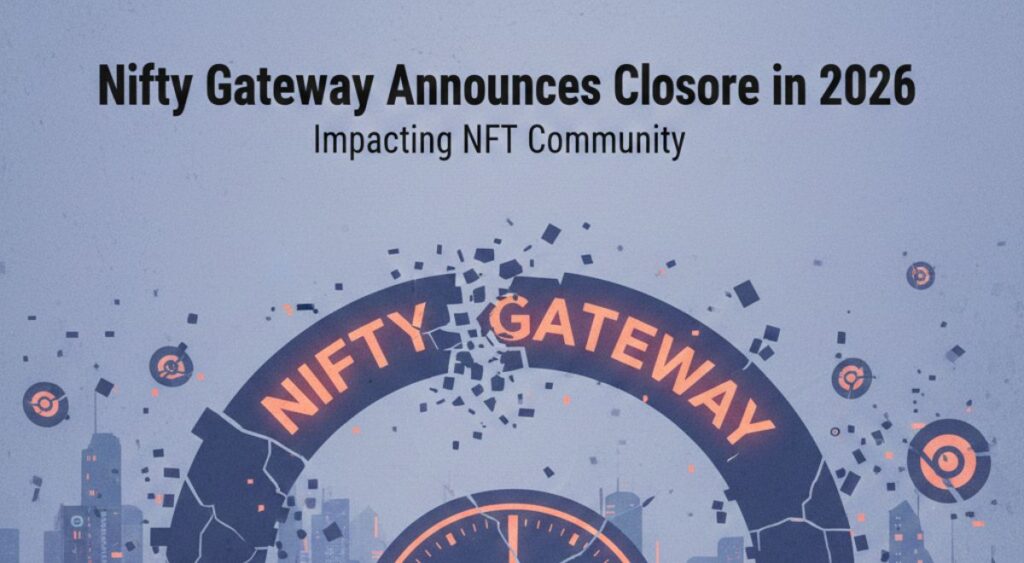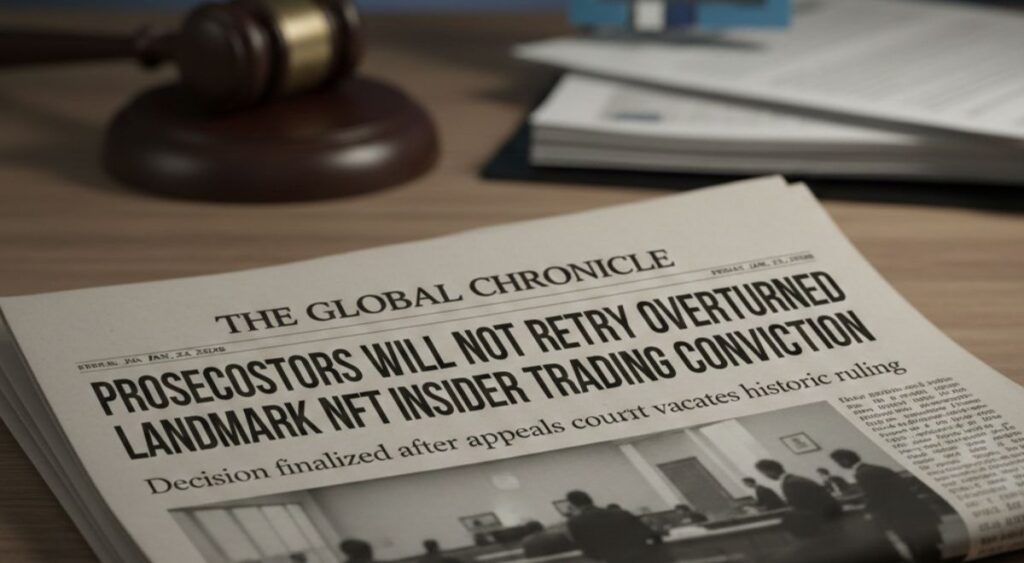The popularity of NFTs and other cryptocurrency-linked digital instruments has soared. Hence, legislation in many parts of the Middle East has raced to keep pace with the goal of staying ahead of the curve in digital asset regulation. Furthermore, regulators aim to create an environment that is conducive and attractive to owners of cryptocurrency assets, custodial service providers, and sophisticated investors.
In November 2020, the UAE Securities and Commodities Authority crafted a novel regulatory framework designed to administrate the licensing of cryptocurrency assets. The framework asserts that anyone can offer crypto assets to qualified and non-qualified investors alike. This can be done through one or more cryptocurrency exchanges as long as they are incorporated in the UAE or within one of the UAE’s financial-free zones. In Bahrain, the directive is similar. However, regulated crypto-asset services are excluded from the right to develop crypto mining software.
Furthermore, they are not allowed to run loyalty programs. In Saudi Arabia, the government banned banks from processing cryptocurrency-related transactions in 2018. However, regulators have failed to spell out legal penalties for people who trade digital assets. This has also left NFTs to occupy a legal grey area as they are not considered cryptocurrencies. As such, they are not technically illegal.
As regulatory frameworks innovate approaches to managing the expanding NFT economy, regulators will keep contending with 3 key legal challenges even while they draft NFT laws and policies:
Intellectual property
From a copyright law perspective, NFTs are digital receipts. When an individual buys an NFT, what they own is a version of the work. Even if only one copy was made and sold and the buyer regards themselves to be the sole owner, this perception does not equate to ownership under the law.
Given this backdrop, the fact that owning NFTs does not necessarily equate to ownership of an original work legally reduces their utility from an intellectual property rights standpoint. As such, regulators will be looking at ways of enhancing the protections available to buyers of NFTs. This is while also acknowledging the intellectual property rights of NFT creators.
Tokenization
Assets such as digital art can be tokenized using NFTs. However, NFTs cannot be used to represent financial instruments. For regular cryptocurrency token holders, minted tokens typically have embedded qualities. These qualities include profit-sharing, yield accruals, and similar characteristics. As such, these tokens are considered securities.
Consequently, they come under the purview of financial regulations. NFTs, however, typically grant a different types of rights. Some of these encompass royalty payments on future resales and future giveaways. However, they do not give their holders rights against issuers, unlike some security-type tokens. As such, regulators have to develop a unique set of rules for NFTs. This is because they cannot be regulated like cryptocurrency tokens. The reason is due to their status as non-financial assets.
Due Diligence
NFTs do not confer ownership or property rights to their buyers. However, they may still be subject to national and international laws on tokenization. In addition, anti-money laundering and financial regulations may also apply. Still, given the nature of decentralized transactions and their implicit anonymity, buyers have little incentive to properly research the legitimacy and terms of the NFTs they are buying. They also barely investigate the platforms from which they make the NFT purchases. Resultantly, regulators may have to step in by ensuring that NFT marketplaces and decentralized exchanges meet certain KYC/AML criteria.
















